High Court says Government can privatise 50 per cent of the RTC services
Sat 23 Nov 2019, 10:53:05
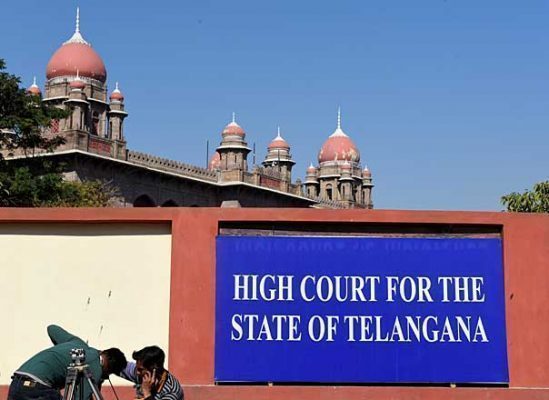
The Telangana High Court has, on Friday, dismissed the writ petition challenging the proposed privatisation of 5,100 bus routes.
The verdict by the two-judge Bench comprising Chief Justice Raghavendra Singh Chauhan and Justice A Abhishek Reddy cleared the way for the Government to take a call on the TSRTC conundrum following the strike called by the TSRTC Joint Action Committee (JAC) of employees and workers for the last 49 days. The same Bench had earlier declined to adjudicate the matter pertaining to the RTC strike, following which the TSRTC JAC had announced that it was willing to call off the strike, provided the Government created a conducive atmosphere for the employees to join.
The Government too differed taking a decision on the TSRTC issue, anticipating High Court’s verdict on the privatisation of some of the routes. The Division Bench rejected the public interest litigation petition saying that the PIL was premature and that the Cabinet decision to initiate permission for 5,100 private buses could not be challenged at this stage.
Referring to the RTC Act, 1950, the Bench stated, in 1950s there was no other option than to provide public transport therefore the public sector was protected but the Motor Vehicle Act, 1988 provided for modification and development of the transport services. “The development in these times of globalisation where capitalistic model of development is all around, the Transport Corporation can make modifications under 1988 Act for a healthy competition, effective pricing and preventing overcrowding” the Chief Justice
said.
said.
The Bench also suggested that government can privatise only 50% of the services in the public interest. Earlier, in the day the petitioner’s counsel, Chikkudu Prabhakar placed his written arguments before the court. The petitioner pointed out to Chapter 6 of the Motor Vehicles Act that is protected by the Constitution in the Schedule IX under Article 31B and therefore the decision taken by the Cabinet under the provisions of Chapter 5 of the act was not valid.
The Bench, however, pointed out that Chapter 6 has overriding effect only when there is inconsistency but the petitioner has pleaded no inconsistency. The petitioner submitted that Section 103 and 104 of the Motor Vehicle Act restricted the grant of permission in respect of notified areas or notified routes.
The Chief Justice agreed with the contention that permissions to private sector providers could be given only for a period of one year and have to be renewed from time to time. The Bench also agreed with the contention of the petitioner that any decision regarding the modification of the Corporation must be initiated by Principal Secretary, Transport department and not by the Cabinet.
Advocate General BS Prasad Rao informed the court that the decision was communicated to the Transport Secretary. The Advocate General submitted an undertaking that all the further process in implementing the decision shall be taken by the Principal Secretary, Transport Department. The Bench conceded to the undertaking made by the Advocate General and dismissed the writ plea.
No Comments For This Post, Be first to write a Comment.
Most viewed from Hyderabad
Most viewed from World
AIMIM News
Latest Urdu News
Most Viewed
May 26, 2020
Can Lionel Messi's visit boost Indian football?
Latest Videos View All
Like Us
Home
About Us
Advertise With Us
All Polls
Epaper Archives
Privacy Policy
Contact Us
Download Etemaad App
© 2026 Etemaad Daily News, All Rights Reserved.

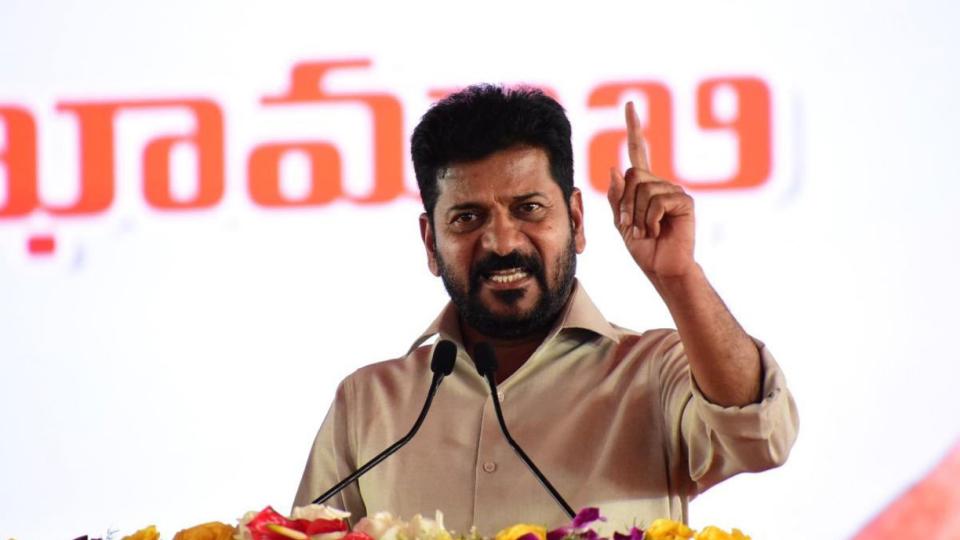

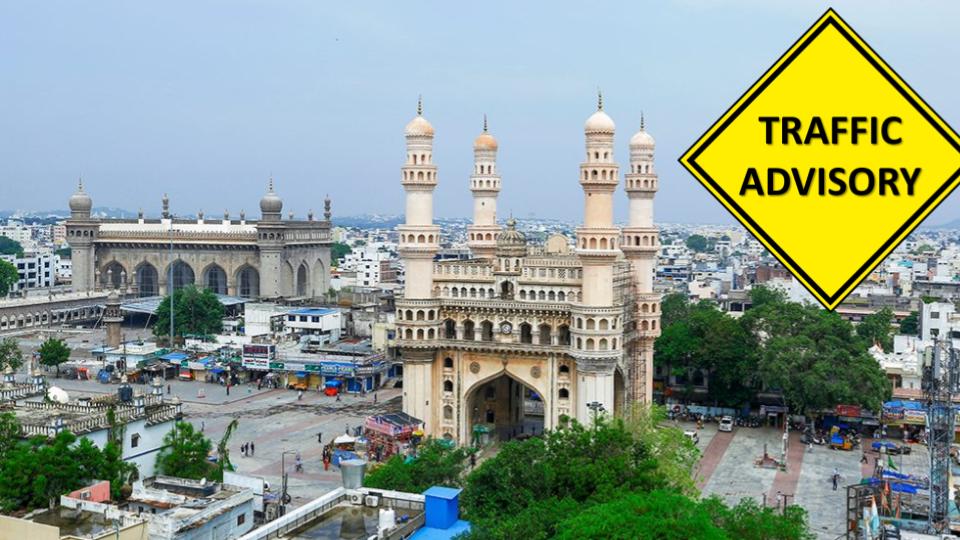
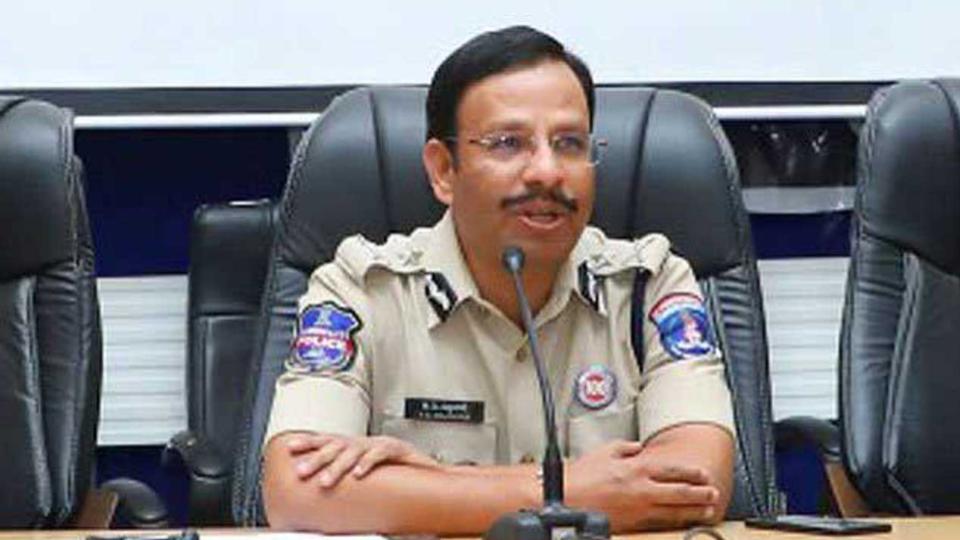
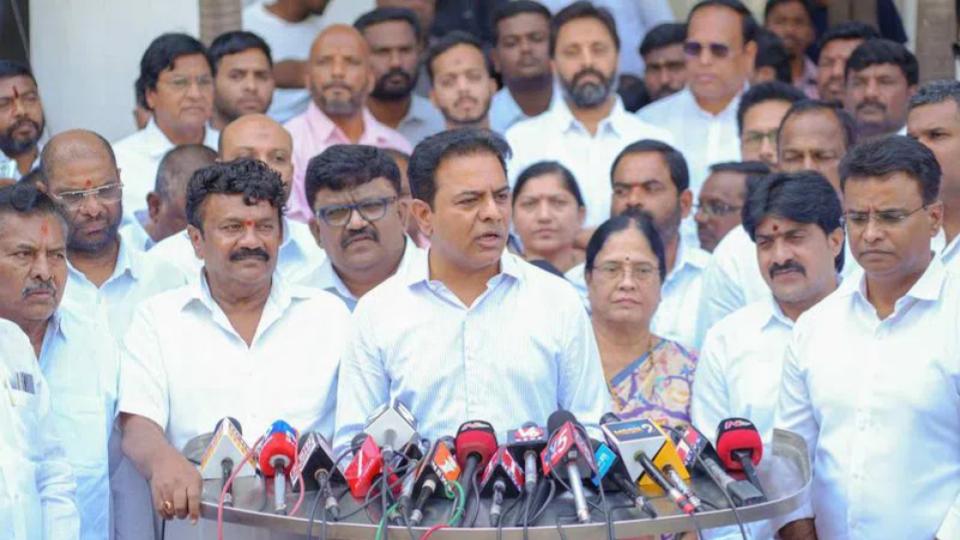

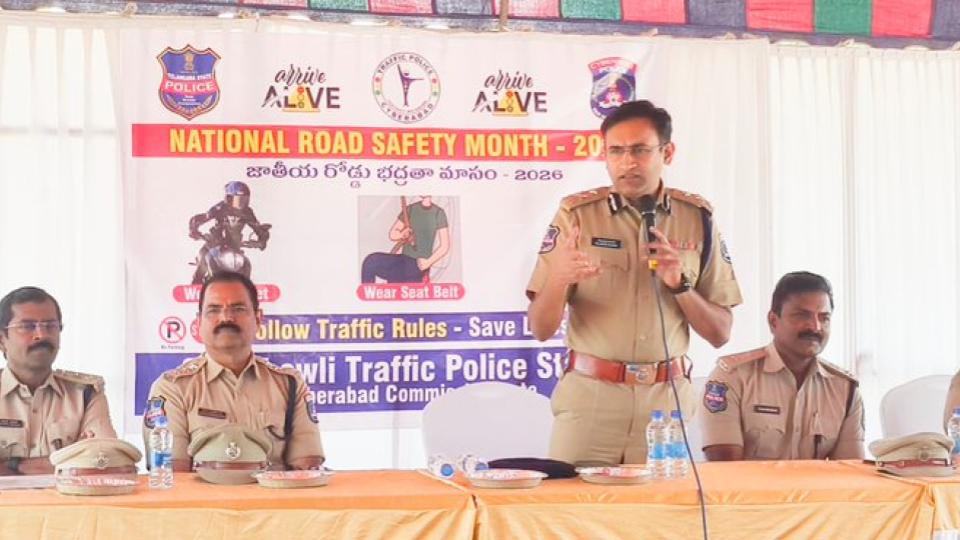

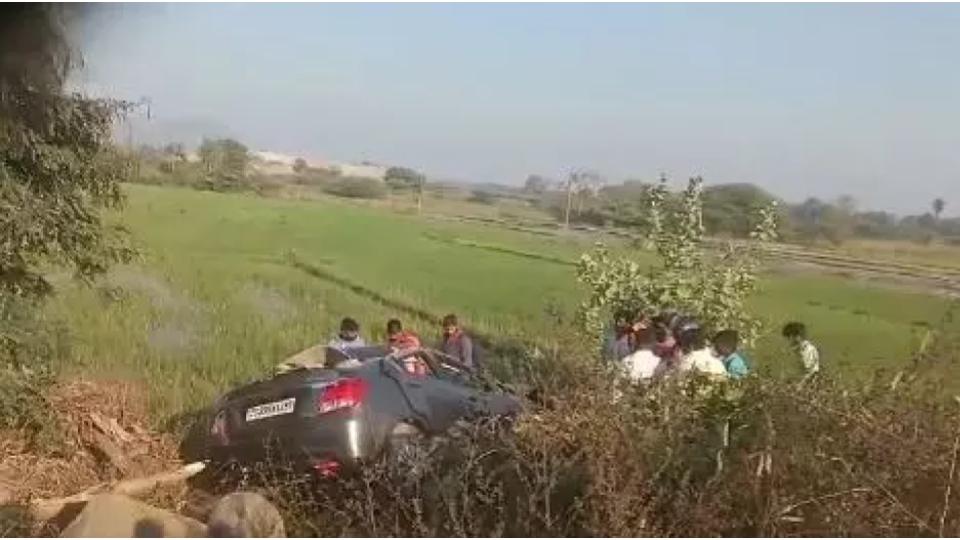
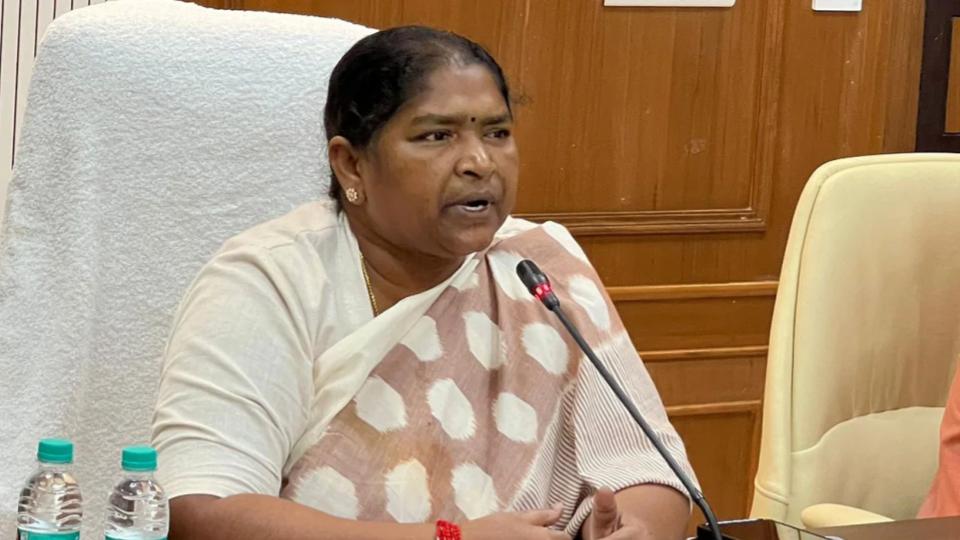


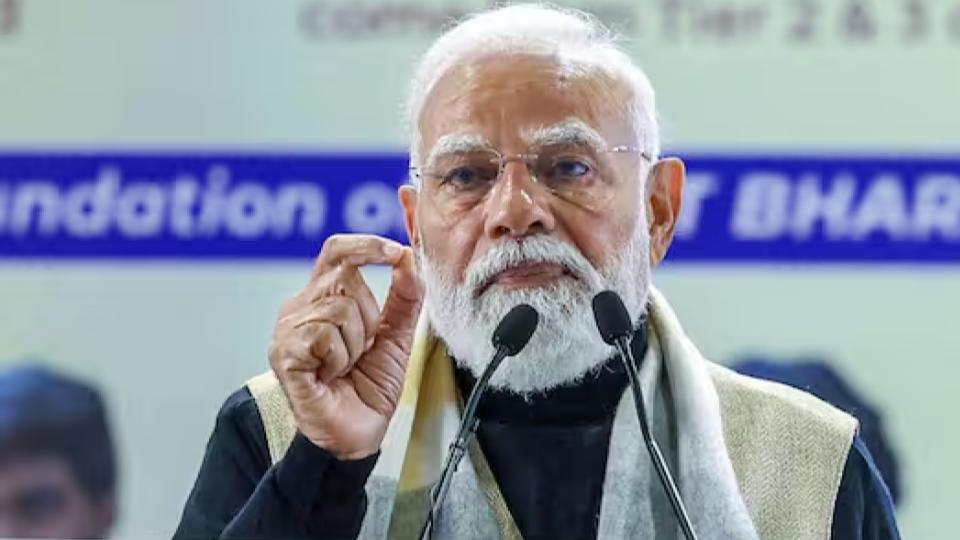
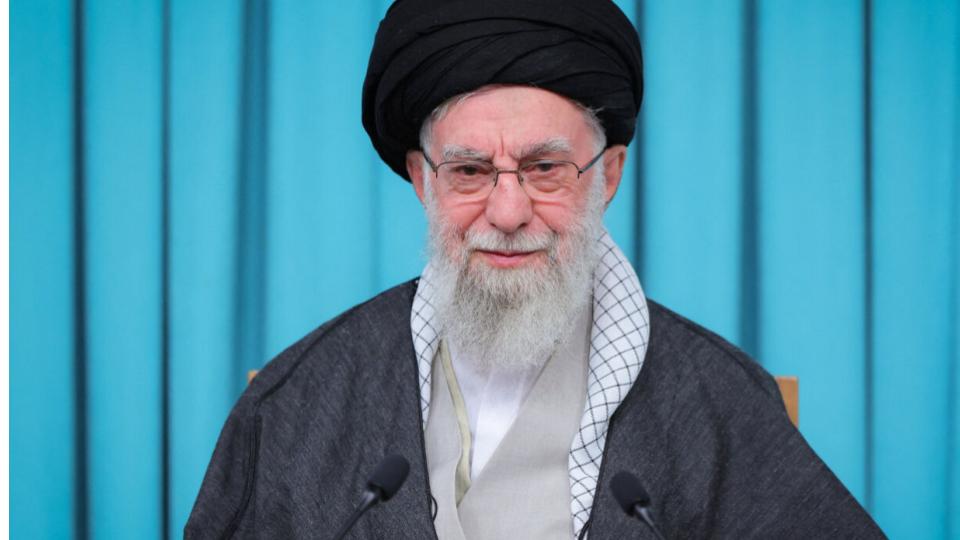

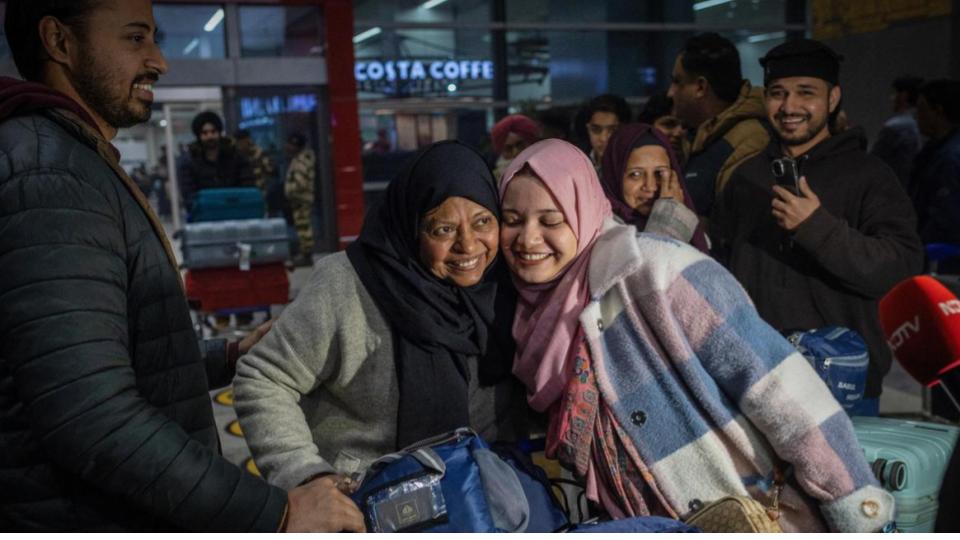

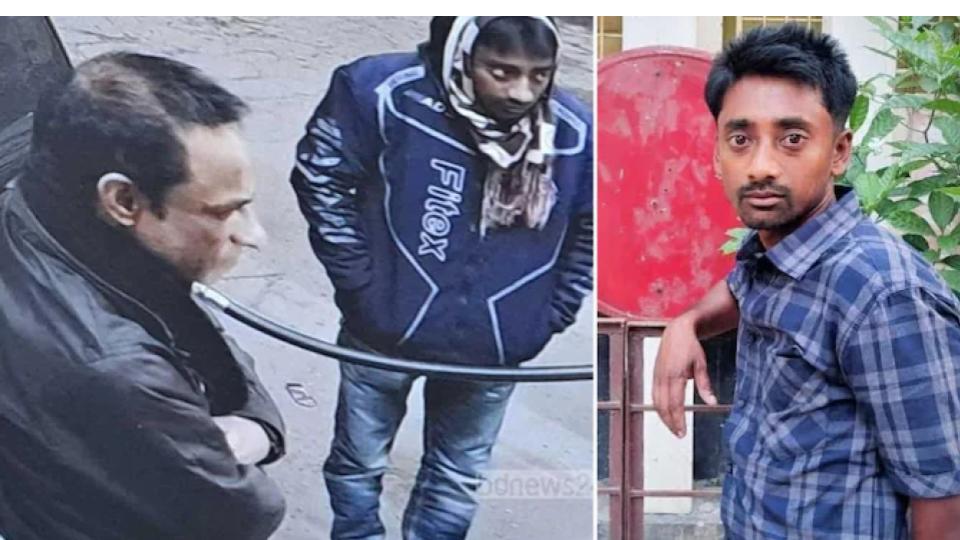
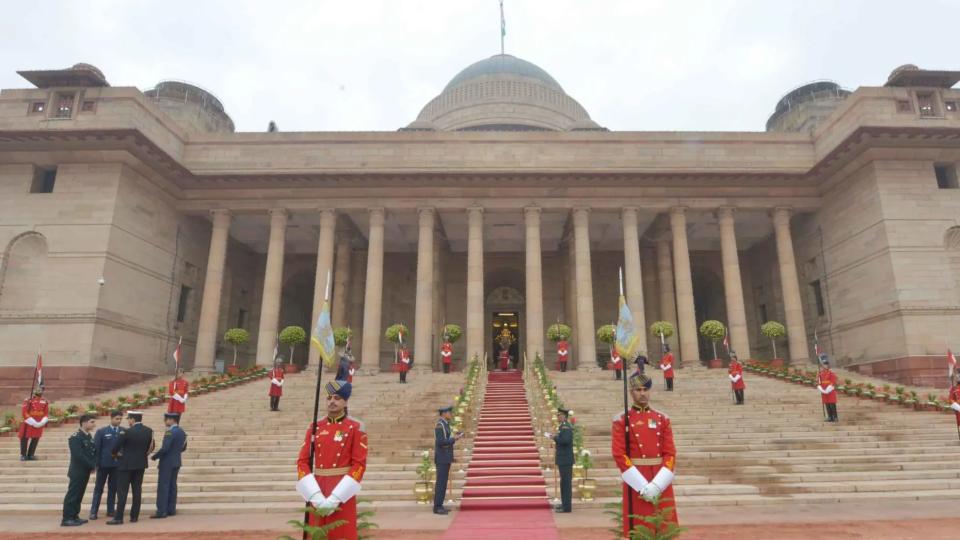



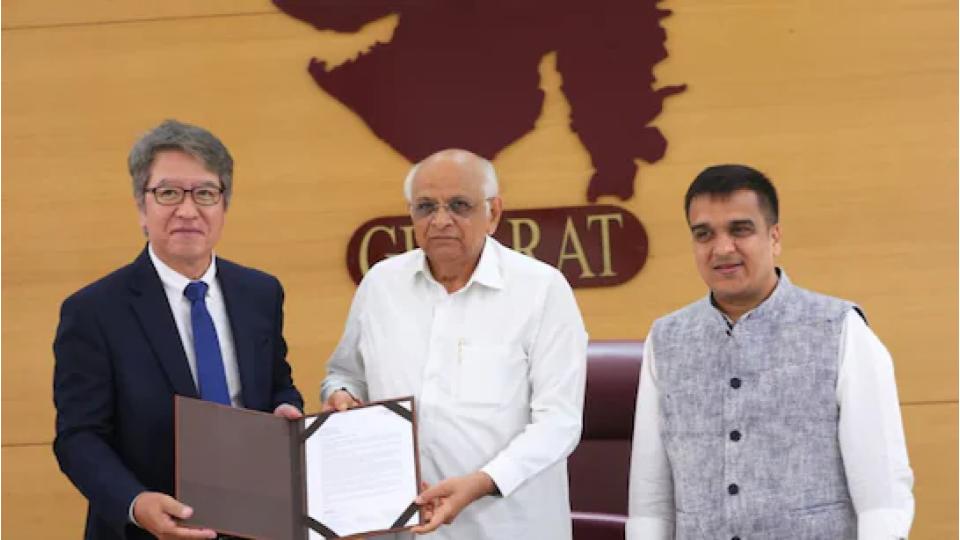
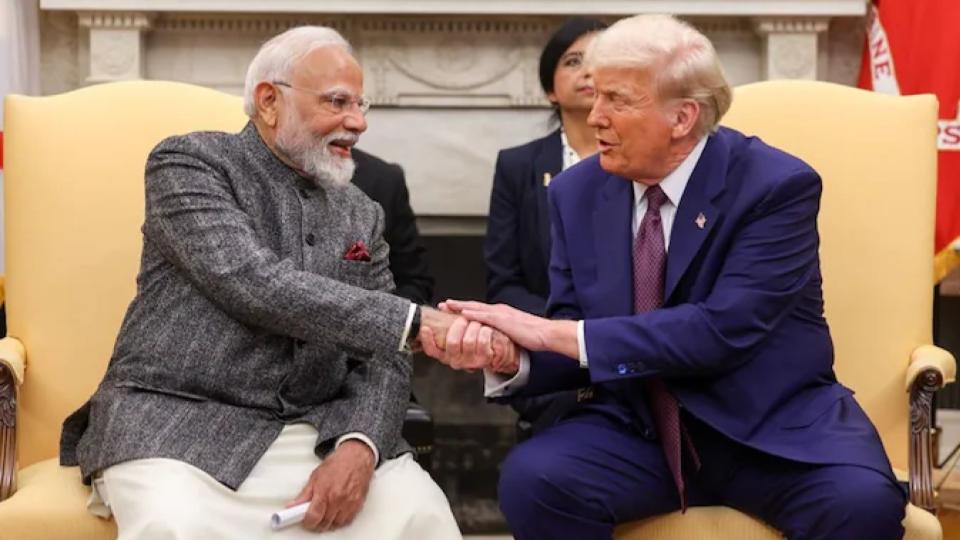












.jpg)
.jpg)
.jpg)


